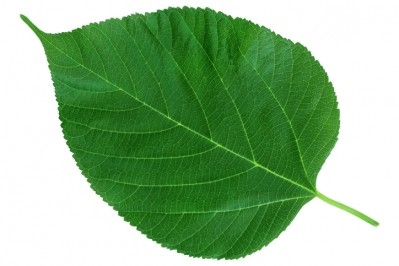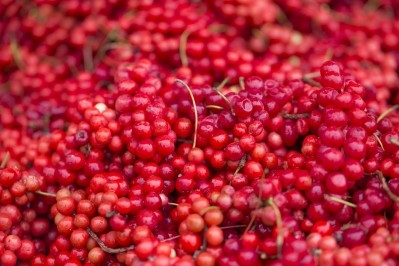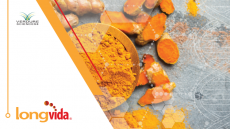Adverse events expert says conclusion that white mulberry leaf caused death is mere speculation

According to news reports white mulberry leaf—a botanical ingredient used in teas and in weight management supplements—‘caused’ the death in December 2021 of Loretta McClintock, 61, wife of Representative Tom McClintock, R-CA. The lawmaker reportedly returned home on Dec. 15, 2021 to find his wife unresponsive. She had said that she had been suffering from an upset stomach.
Rush to judgement
Yesterday The New York Times and many other media outlets reported the Sacramento County Coroner’s Office had determined earlier this year that her death was caused by “adverse effects” from ingestion of white mulberry leaf. The Times concluded in its headline that she “died from dehydration caused by stomach inflammation from consuming the herbal remedy.”
During an autopsy a ‘partially intact’ white mulberry leaf was found in her stomach, according to Kaiser Health News, which was quoted in the NYT story.
Speaking with NutraIngredients-USA, Rick Kingston, PharmD, head of scientific and regulatory affairs at the firm SafetyCall International, said there are so many holes in this story that he hardly knew where to begin. Kingston is also a professor in the School of Pharmacy at the University of Minnesota.
White mulberry called unlikely culprit
First off, based on his broad experience with adverse events connected to botanical ingredients, Kingston said white mulberry leaf (Morus alba) is a very unlikely culprit for a case of severe intestinal inflammation that could lead to fatal dehydration.
“I looked in the CARES database (the FDA repository for all supplement and foods adverse event reports) and there were literally only two cases on there, both for an elderly individuals, one of whom had a number of underlying conditions. We know there are a lot of white mulberry supplements and teas on the market, so if it could cause this kind of problem we’d expect to see a lot of cases, and we just don’t,” he said.
Further, Kingston said that fact that a ‘partially intact leaf’ was identified is a confounding data point. Supplement forms of white mulberry are generally whole leaf powders or dried, powdered extracts contained in capsules. If McClintock had used a tea, those generally are sold in tea bags, and the tea leaf portions themselves are usually quite small. So it’s impossible to know from that bit of information what kind of product the deceased had actually ingested. A supplement? A tea? Or something else?
In addition, Kingston said whatever kind of product McClintock might have been using, there was no information about how much of it she was using or for how long. That kind of dosing information is absolutely essential for drawing the kind of conclusions that are being drawn in this case, he said.
Additional questions
Some other unanswered questions in Kingston’s mind included:
- Was she experiencing GI distress for some time prior to her death?
- Was she on other medications?
- If there was diarrhea so severe to cause dehydration, why didn’t she seek medical care?
- How big was the leaf part that was found in the stomach and who confirmed the identity?
- Kingston also said many of white mulberry leaf products are manufactured in China, some with questionable quality control. It’s possible that McClintock’s intestinal issues could be attributed to microbial contamination or an unknown adulterant.
“Our group does a fair amount of foreign ingredient pathology work for coroners and medical examiners. Normally, you would look for multiple streams of data to see if something is capable of this sort of effect,” Kingston said.
“It took this coroner’s office six months to come up with this report, but in the end there is simply not enough information here to draw any conclusions that that a dietary supplement based on white mulberry leaf is responsible in this case,” he concluded.
















